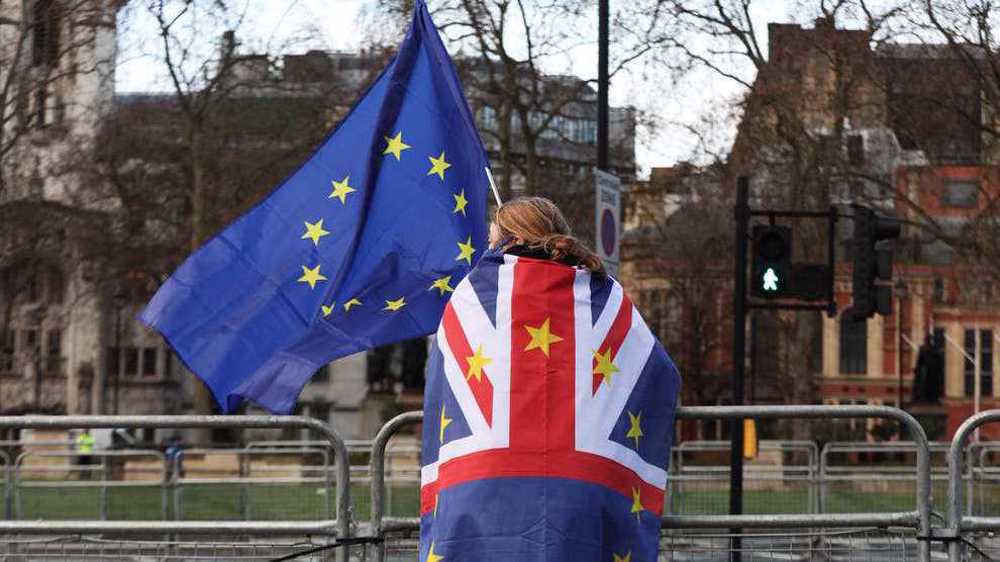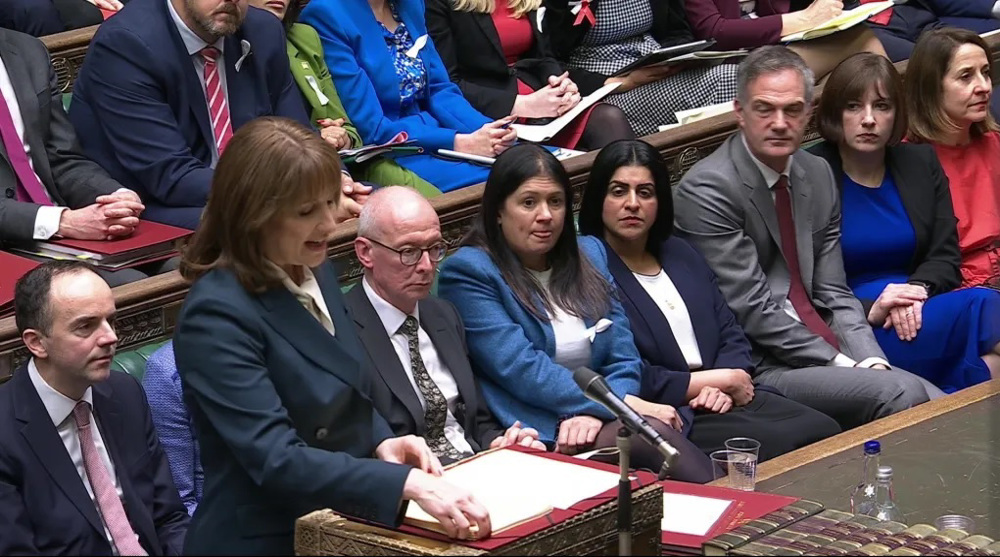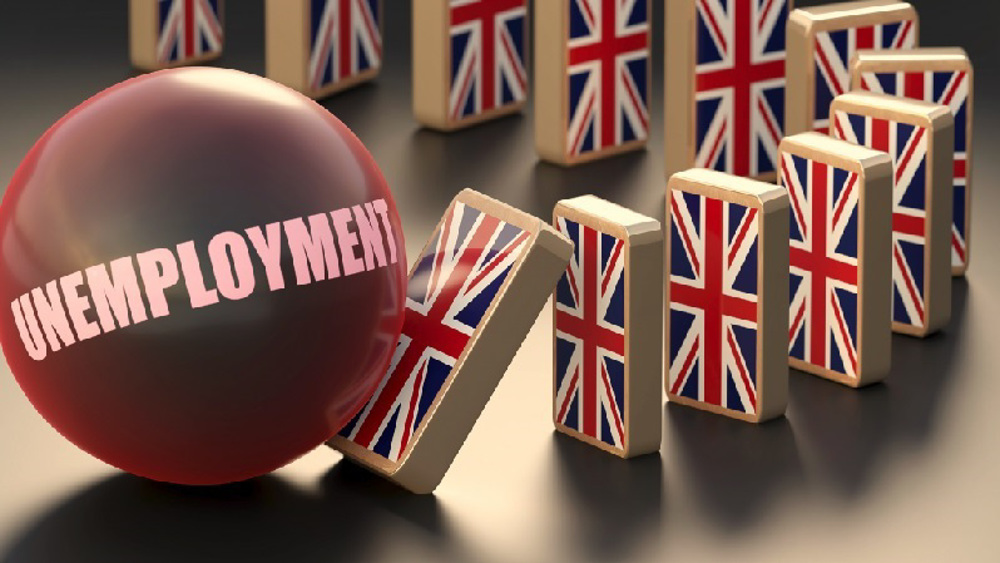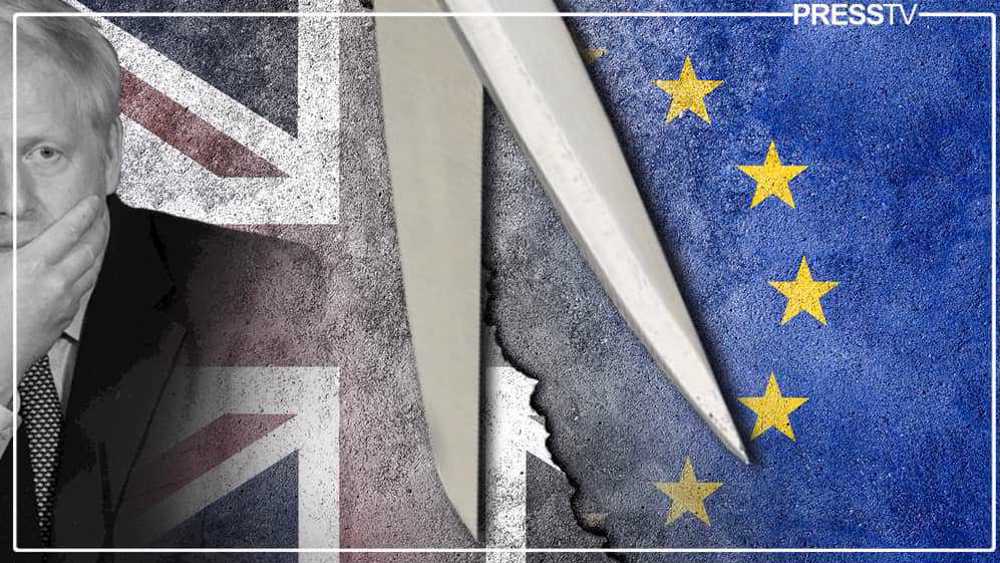Impact of Brexit on UK economy 'worse than Covid': OBR
The impact of Brexit on the UK economy will be worse in the long run compared to the Covid pandemic, according to the chairman of the UK fiscal watchdog.
Richard Hughes said the Office for Budget Responsibility (OBR) had presumed leaving the European Union would “reduce our long run GDP by around 4%,” adding in remarks to the BBC, “We think that the effect of the pandemic will reduce that (GDP) output by a further 2%.”
GDP or Gross Domestic Product is one of the most important ways of showing how well, or badly, an economy is doing.
“In the long term it is the case that Brexit has a bigger impact than the pandemic,” Hughes told the broadcaster hours after the OBR responded to chancellor Rishi Sunak’s latest Budget by saying it expected inflation to soon reach its highest level in thirty years in the United Kingdom.
Price growth will go up by 5 percent next year due to a combination of factors including global and Brexit supply chain disruption, the OBR said.
Both the pandemic and Brexit have further exposed the scarcity of truck drivers, which has led to recent shortages of products for businesses and some empty shelves for customers.
The OBR said, "supply bottlenecks had been exacerbated by changes in the migration and trading regimes following Brexit".
A peak of around 5 percent predicted by the OBR matches the figure suggested by Bank of England chief economist Hugh Pill last week.
Higher prices will hold back households’ spending power in the months and years to come. Inflation will “weigh on income growth in both 2021 and 2022” the OBR said, which will result in an 0.8 percent annual growth rate on average during the next five years.
“The coming year will also be a difficult one for living standards. For example, for middle earners rising inflation and tax rises mean their real take home pay is set to fall by around 1 percent,” said Paul Johnson, director of the Institute for Fiscal Studies.
Meanwhile, Torsten Bell, Chief Executive at the Resolution Foundation, said that higher inflation would “all but end income growth next year”.
Leader: Any US-initiated war against Iran would become regional
Iran cementing ‘green gold’ legacy against US sabotage
Dismissing Trump’s interference, Iraq’s Shia bloc backs Maliki as prime minister nominee
ICE ordered to release 5-year-old boy and father after arbitrary arrest
Thousands rally across Europe to support Palestine, condemn Israeli atrocities
Hamas leader: Commitment to Gaza ceasefire hinges on Israel’s compliance
VIDEO | Thousands demand end to UK complicity in Gaza War
VIDEO | 350 Palestinian children held in Israeli prisons















 This makes it easy to access the Press TV website
This makes it easy to access the Press TV website